A Ph.D. in Toxicology program is intended for students who want to enter a career in academia, government, or industry. In order to complete the degree, students must complete research on potentially harmful agents and chemicals. Graduates of this program will have strong research design skills, and the training and environment they receive will prepare them for leadership roles. The course of study consists of three major components: required discipline-based coursework, advanced electives, and a dissertation. In addition to this, you must be in a position to conduct independent research. A doctoral degree in Toxicology is essential to becoming a toxicologist. Once you have received your master's degree, you can enter the job market with advanced knowledge.
Ph.D. in Toxicology Eligibility
Candidates who want to take admission in Ph.D. must have a post-graduate degree in Toxicology and its relevant discipline with at least 55% marks from a recognized university and must have passed the national level entrance examination or university level entrance examination. National level entrance exams like UGC NET / UGC CSIR NET / GATE / SLET or University entrance exams consist of written tests and personal interviews.
The Benefits of a Ph.D. in Toxicology
A doctoral degree in toxicology provides students with the tools to become independent researchers in government, industry, and academia. Despite the competitive salaries in the field, a Ph.D. in Toxicology prepares students for independent careers in toxicology and other fields. The program focuses on developing students' research design and communication skills. It consists of required discipline-based coursework, along with advanced electives. The doctoral program also incorporates mentored research experiences and consultation with an advisory committee.
Toxicologists can pursue careers at both federal and local government laboratories, as well as academic institutions. The latter allows them to teach others how to safely use chemicals. When they are in academic institutions, they may train future toxicologists. Toxicology graduate programs are supported by the National Institute of Environmental Health Science Centre Grants, which provide additional funding to students. They also offer opportunities for students to develop leadership skills, improve research methods, and participate in community outreach and science education.
Toxicologists can work in the private sector and in the academic community. There are many private consulting companies that provide toxicology services to public agencies and businesses. Some scientists prefer to consult full-time as a means of advancing their careers. They also enjoy consulting, which is an excellent way to earn extra money while pursuing your Ph.D. They can even make money in the process!
The Career and Job Opportunities of a Ph.D. in Toxicology
Toxicologists are responsible for evaluating the effects of substances on human health and the environment. They also help set rules and regulations to protect the environment and public health. This is a fascinating field that can provide rewarding career options. While many people start out as toxicologists, some choose to become consultants in order to make a more flexible schedule. However, to earn a full-time income, you need a master's degree.
In addition to academic research, toxicologists can find work in federal or local governments, where they develop laws to protect the public from chemicals that have unintended effects. Or, they can work in academia to teach and train others in the field. If you're interested in pursuing a career in toxicology, there is a wide range of career options. There are no set limits on the number of job possibilities after a Ph.D. in Toxicology, so if you're thinking of going this route, now is the time to apply.
If you've completed graduate school and don't have a specific field of study, there are many options available. Many toxicologists work for local and federal governments, developing laws to ensure the safe use of chemicals. Other toxicologists work in academic institutions, teaching future scientists how to protect the environment. The field of toxicology has a wide variety of employment opportunities. It's a highly sought-after field, and the career prospects are exciting.
The Future Scope of Ph.D. in Toxicology
The scope of toxicology is ever-changing, and a Ph.D. in this field will help you stay abreast of the latest developments. Toxicologists plan laboratory and field studies, assessing potential hazards and impacts of chemicals and products. They also monitor the use of emerging technology, such as gene editing and in-silico/in-vitro developments, to determine the impact of chemicals on human health. Toxicologists also work as part of multidisciplinary teams, including genetic and computational toxicologists.
A career in toxicology can be lucrative. This field involves studying the relationship between dosage and effect. You can study the effects of drugs or other substances on health and disease. You can also examine the effects of gender, environment, and dosing regimen. Toxicologists play a crucial role in making policies and regulations related to safety. In addition to research, toxicologists may also work as consultants or in government.
A Ph.D. in Toxicology allows you to focus on the health effects of chemicals and other products. This is a great career choice for individuals who are interested in the impact of chemicals on human health. To become a toxicologist, you must first have a master's degree in the field of toxicology. After that, you can move into regulatory affairs or take a research position. A postdoctoral position in the field will allow you to grow within it, and you will be in demand, especially in India.
Ph.D. Research Programme duration
The Ph.D. in Toxicology course is a minimum of 3 years and a maximum of 5 duration. This depends on the university offering the course.
Fees for research program for Toxicology
The average fee for Ph.D. in Toxicology degree is between INR 50000 and INR 500000.
 5 Years
5 Years
 PhD
PhD
 Research
Research









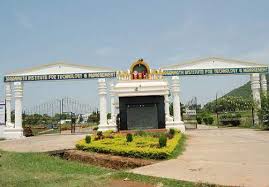
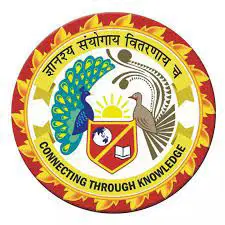


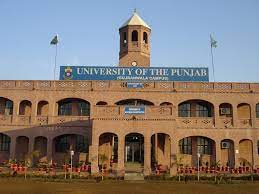
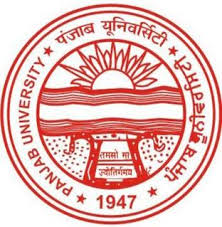

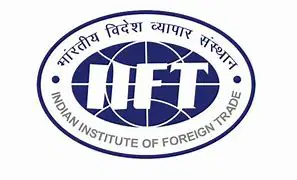
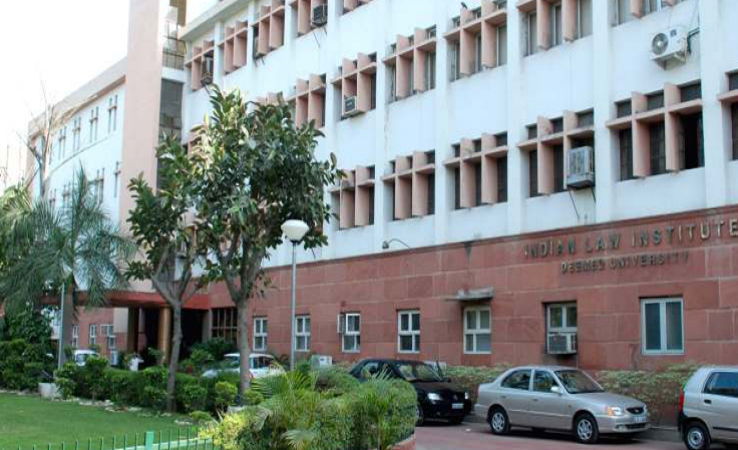
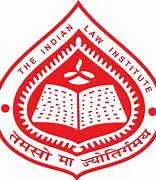
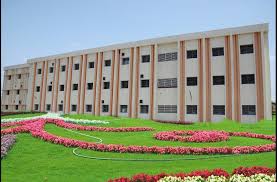


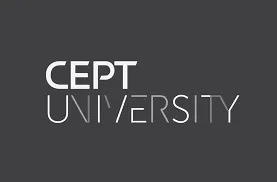


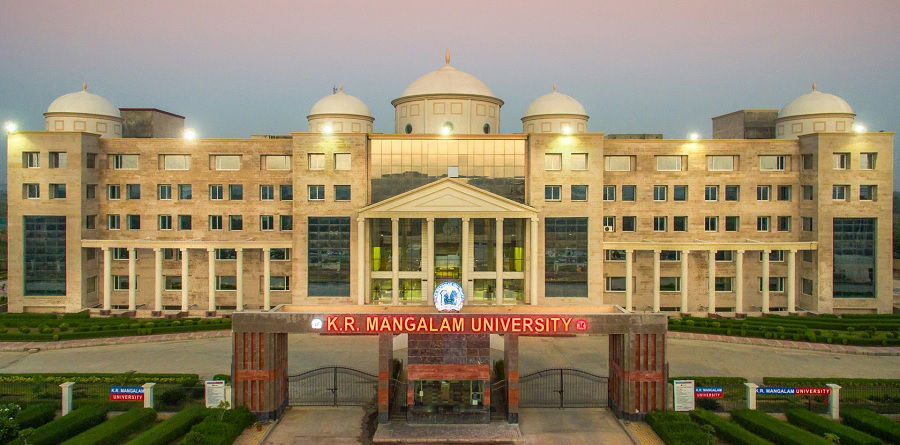
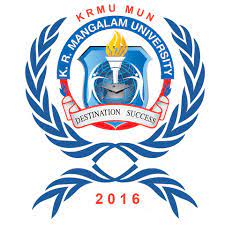


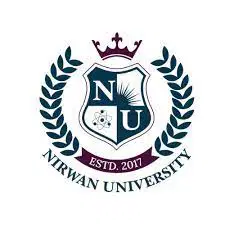
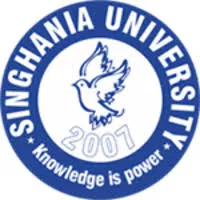


 back
back